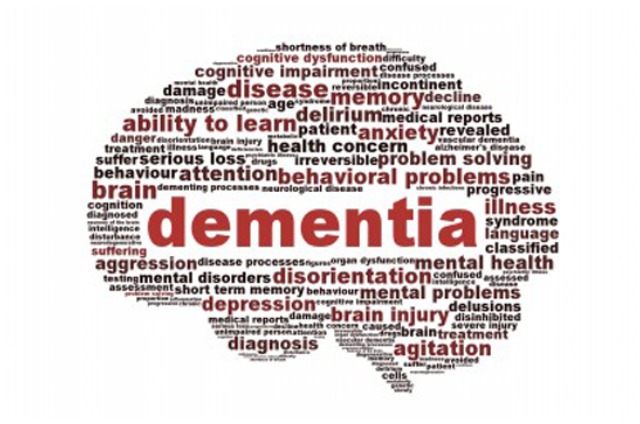March 20,2013-Calcium is a mineral required to make your teeth and bones strong. It also plays an important role in muscle contraction, hormone production, maintaining proper brain and nerve functioning. But high calcium level can interfere with the body processes by disrupting the normal body balance.
Hypercalcemia is a condition in which the calcium level in your blood is above normal. The normal range of calcium in your body is 9-11 mg/dl. Signs and symptoms of hypercalcemia may range from mild to severe. Mild hypercalcemia might not show any signs or symptoms in most cases. Signs of moderate to severe increase of calcium in body depends on the organ that is affected.


Vomiting: Gastro-intestinal symptoms including nausea and vomiting are considered the result of depressive action of hypercalcemia on the autonomic nervous system.
Abnormal heart rhythms: This occurs with acute increase in calcium levels causing abnormal electrical impulses. Significant hypercalcemia can cause ECG changes mimicking an acute myocardial infarction.
Polyuria: The term polyuria refers to increased amount of urine formation. Hypercalcemia causes tubular defect in the kidney, resulting in polyuria.
Constipation: Dehydration due to polyuria will result in constipation. Decreased fluid intake will make the condition worse.
Kidney stones: As a consequence of long-term hypercalcemia, calcium phosphate crystals will precipitate to form renal calculi, which is commonly referred as kidney stones. Blockage caused by stones can lead to kidney damage, and passing a stone can be extremely painful.
Excessive thirst: This is associated with excessive fluid loss due to increased urine formation. Other signs like dry skin and cracked lips can also be seen due to improper balance between water intake and output.
Peptic ulcer: Hypercalcemia can increase gastrin production. This will cause increased acidity resulting in peptic ulcers.
Psychotic symptoms: Calcium ions have a major role in neuro-transmission. Hypercalcemia causes personality changes and other psychotic symptoms like confusion, hallucination, loss of memory or depression.
Fatigue and muscle weakness: Fatigue, muscle weakness and sluggish reflexes in muscle groups are common in patients with hypercalcemia. This occurs due to decrease in neuronal excitability with increased calcium ions, which leads to hypotonicity of smooth and striated muscle.
Bone related symptoms: Since calcium is a closely associated mineral with bones, its increase will affect bone severely. Fractures, skeletal deformities, curving of spine and pain are the most common symptoms among them.
Coma: Severe hypercalcemia above 15-16 mg/dl is considered a medical emergency which will result in a coma.
Even though hypercalcemia is associated with conditions like cancer that cannot be cured, the prognosis is excellent for most other causes, if the underlying cause is diagnosed and treated properly.










